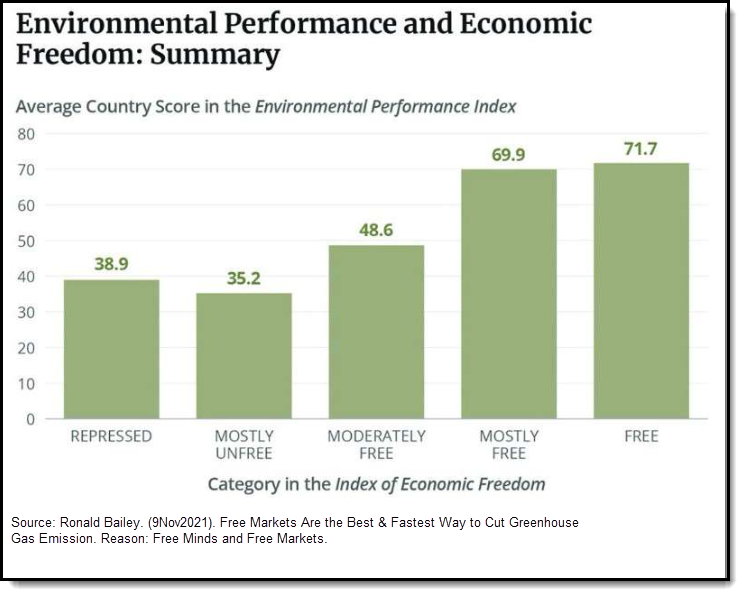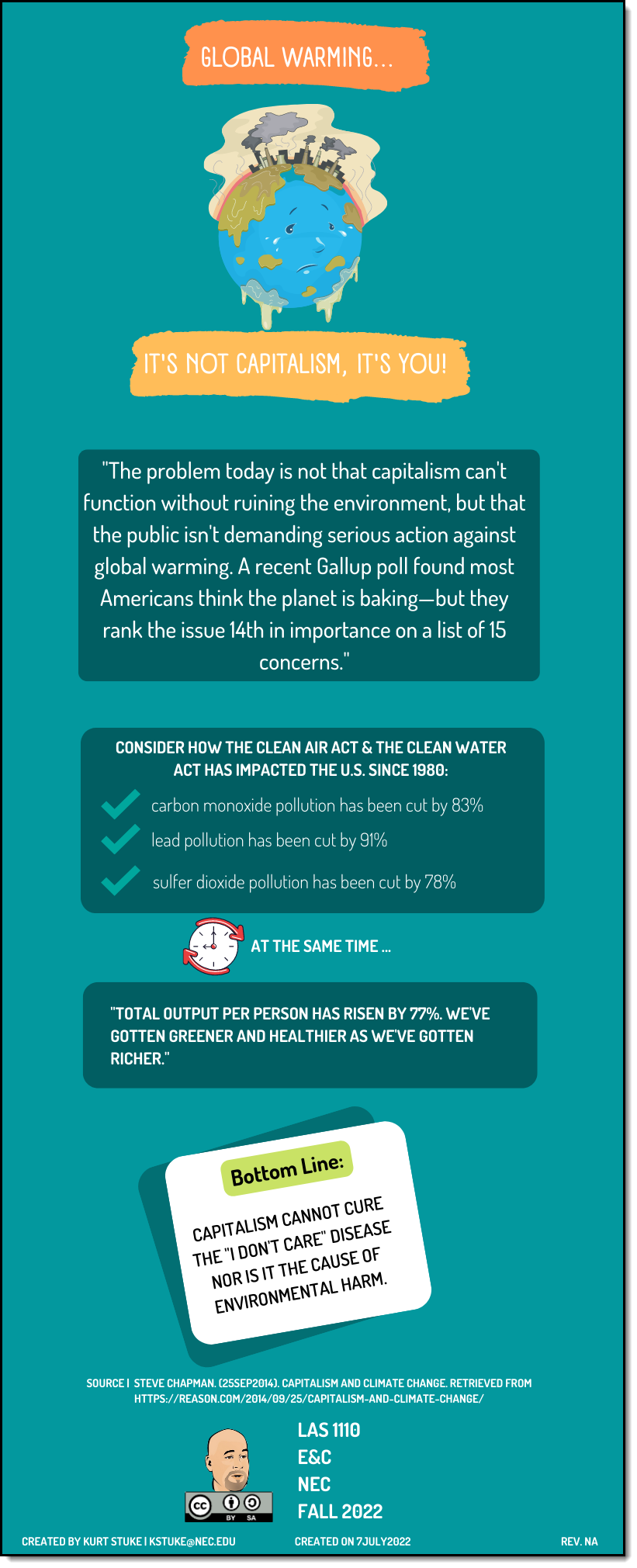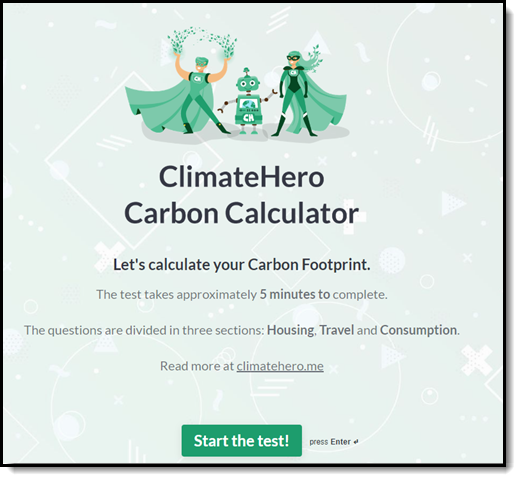Module 6
Arguments Against

This Changes Everything by Naomi Klein
Resources taken from Naomi Klein's site This Changes EverythingLesson 1: Our Global Economy's Impact On The Climate
Potential Discussion Prompts:
- Identify the fossil fuels needed to power a T-shirt’s production process from seed to shirt, including transportation to factories overseas.
- Discuss what incentives direct people and businesses in their economic decisions in a free market.
- Examine the global economy’s current dependence on fossil fuels and the threats this poses for people and the environment.
- Recognize that there are different and often opposing views about the causes of and solutions to global warming.
- Explain how people in Germany worked to bring about their country’s rapid transition to renewable sources of electricity.
- Explore personal ideas about globalization, climate change, and how our world will be in the future.
Lesson 2: People, The Planet, and Economic Growth
Potential Discussion Prompts:
Potential Discussion Prompts:
- Analyze a quotation that describes the conflict between the finite resources of the planet and the current push for growth.
- Break down a case study that illustrates the relationships among people, the environment, and economic growth.
- Work with a partner to develop a solution to the conflict presented in the case study.
Lesson 4: What Is Our Relationship With the Earth?
Lesson 4 Short-Term Projects v. Long-Term Damage HQ from This Changes Everything on Vimeo.
Potential Discussion Prompts:- Write definitions of the concepts of “extractivism” and “regeneration” based on textual information.
- Identify, describe, and evaluate both historical and modern-day examples of “extractivism” and “regeneration.”
- Determine how extractivism and regeneration differ in the ways that each places value on people and the planet’s resources.
- Discuss whether it is possible to have economic growth that values both people and the environment.
- Create posters that visually capture the idea of extractivism or regeneration, using stories from their study for inspiration
Lesson 8: Is Geoengineering the Answer to Global Warming?
Argument #1: Correlation Between Environmental Performance & Economic Freedom


Argument #2: Capitalism is not the cause of pollution and harm...

Interaction: Testing Chapman's Claim
One way you could refute Chapman's argument is to demonstrate a low carbon footprint. Do you know your carbon footprint? According to the Nature Conservancy, the average carbon footprint for a person in the United States is 16 tons, one of the highest rates in the world. Globally, the average carbon footprint is closer to 4 tons. To have the best chance of avoiding a 2 degrees rise in global temperatures, the average global carbon footprint per year needs to drop to under 2 tons by 2050. Calculate your footprint here:

What was your result? Does the result support Chapman's position or tend to refute the position as it applies to you personally?
Potential Discussion Prompts:
Lesson 8 Mastering the Earth HQ from This Changes Everything on Vimeo.
Potential Discussion Prompts:- Describe a number of proposed geoengineering strategies that show how technology could potentially be used to manipulate the climate and curb global warming.
- Analyze the pros and cons of spraying chemicals into the stratosphere in an effort to decrease the temperature of the planet.
- Discuss the ethical and political challenges of trying to manipulate the climate.
- Develop a series of Tweets that provide concise summaries of their views about geoengineering as a solution to global warming.
On the Other Hand...
Argument #1: Correlation Between Environmental Performance & Economic Freedom


Argument #2: Capitalism is not the cause of pollution and harm...

Interaction: Testing Chapman's Claim
One way you could refute Chapman's argument is to demonstrate a low carbon footprint. Do you know your carbon footprint? According to the Nature Conservancy, the average carbon footprint for a person in the United States is 16 tons, one of the highest rates in the world. Globally, the average carbon footprint is closer to 4 tons. To have the best chance of avoiding a 2 degrees rise in global temperatures, the average global carbon footprint per year needs to drop to under 2 tons by 2050. Calculate your footprint here:

What was your result? Does the result support Chapman's position or tend to refute the position as it applies to you personally?
Greenwashing Interaction: A Fiji Water Story
Potential Discussion Prompts:
- Is eco-friendly marketing a positive or negative force?
- How did Fiji Water use green marketing to construct an eco-friendly narrative to what was described as a non-eco friendly company?
- What do you make of the stat that 47% of Fijans do not have access to clean water?
- What impact will the information offered through the video have on your purchasing and consuming habits?
Pros & Cons of Capitalism
